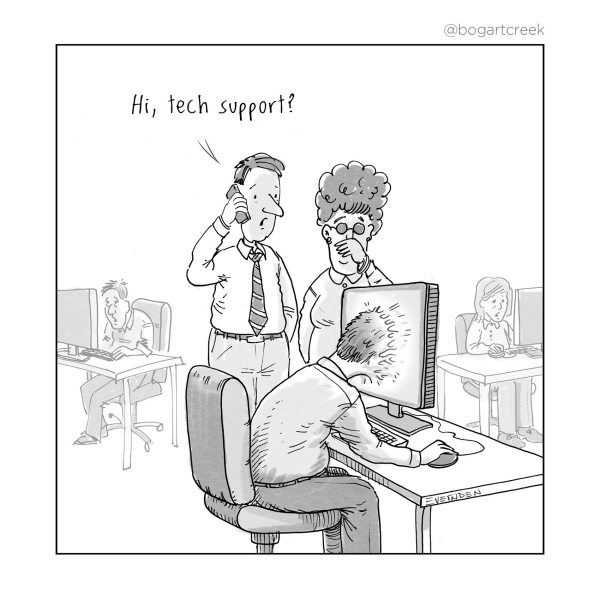I had someone ask me recently if I was scared of AI surpassing humans. My answer was that (essentially) it already has. Meaning, it already seems inevitable. The question is whether you will benefit from it or fight it? Regardless, it’s going to happen.
Comparatively, humans are slow, weak, and prone to bias. So, yes, AI is better than us at many things.
Until now, humans have been at the top of the food chain because of our intelligence … but I’d also argue it’s because of our intelligence in knowing that we’re not always the most intelligent or capable. We use the tools at our disposal. And there are a lot of great tools being created all around us.
So, how do you ride the wave of the future instead of being capsized by it?
As the world becomes more technical, and we have more tools, it can become overwhelming. Processing the opportunities in front of us today is tough, let alone the possibilities (or inevitabilities) of tomorrow.
Think how many companies have failed due to that inability … Radioshack couldn't understand a future where shopping was done online and Kodak didn't think digital cameras would replace good ol' film. Blockbuster couldn't foresee a future where people would want movies in their mailboxes, because "part of the joy is seeing all your options!" They didn't even make it long enough to see "Netflix and Chill" become a thing.
via Peter Diamandis
The world changes quickly.
Change is constant. The wheels of innovation and commerce spin ever-faster (whether you're ready for it, or not).
As a practical matter, it means that you get to choose between the shorter-term pain of trying to keep up … or the longer-term pain of being left behind. Said a different way, you have to choose between chaos or nothing.
It is hard to keep up – and harder to stay ahead.
Personally, I went from being one of the youngest and most tech-savvy people in the room to a not-so-young person close to losing their early-adopter beanie. Sometimes it almost seems like my kids expect me to ask them to set my VCR so it stops flashing 12:00 AM all day.

But, luckily for you and I … you don’t actually have to do the tech itself. My company may not really do "rocket science", but it's pretty close. We use exponential technologies like high-performance computing, AI, and machine learning.
But, as we get "techier," I get less so … and my role gets less technical, over time, too. Fortunately, it helped me take a step back and see the bigger picture.
The Bigger Picture
While many things are changing around us, the secret is that some things never change.
My father said, not worrying about all the little details helped him see the bigger picture and focus on what was possible.
You don't have to focus on the technological details to predict its progress. Anticipating what people will need is a great predictor of what will get built. Because while technology changes, human nature doesn’t. That means predicting "what" is often easier than predicting "how'. Why? Because technology doesn't often look for a problem; rather, it is the response to one.
A medium is just a tool. And the tool is just a way to accomplish something more efficiently.
Kodak’s goal should have been to preserve memories – not to sell film. Blockbusters' goal should have been to get movies in homes – not to get people in their stores.
What’s the real goal of your life or your business, and what tools are going to help you do that most efficiently over the next 3-5 years? What do you need to create, and what do you need to destroy? History has many prior examples of Creative Destruction (and what gets left in the dust).
Opportunity or Chaos … You get to decide.

Leave a Reply